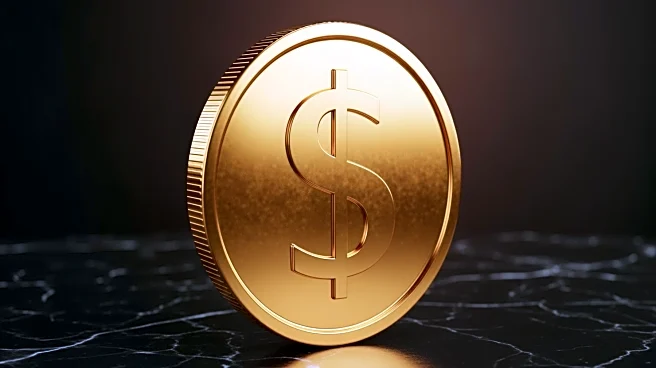What's Happening?
The global investment in renewable energy reached $807 billion in 2024, representing about one-third of the $2.4 trillion invested in energy transition last year. Despite this substantial investment, the growth rate of clean power slowed significantly,
increasing by only 7.3% compared to 32% the previous year. The International Renewable Energy Agency (IRENA) and the Climate Policy Initiative (CPI) highlighted that funding remains concentrated in advanced economies, with emerging and developing countries requiring more financial support to ensure a global transition. Investments in energy transition supply chains and manufacturing also saw a decline, particularly in solar PV manufacturing, while battery factory investments nearly doubled due to rising demand.
Why It's Important?
The slowdown in renewable energy growth poses challenges to global efforts in combating climate change and achieving sustainable energy goals. The concentration of investments in advanced economies highlights disparities in financial resources, potentially hindering inclusive global progress. The decline in solar PV manufacturing investments could impact the availability and affordability of solar energy solutions, while the increase in battery investments reflects a growing need for energy storage solutions. These dynamics underscore the importance of scaling finance for developing countries to ensure a comprehensive and equitable energy transition.
What's Next?
As countries gather at COP30 to advance the 'Baku to Belém Roadmap to 1.3 trillion,' there is a critical need to focus on scaling finance for emerging and developing countries. This will require international cooperation and innovative financing mechanisms to bridge the gap in investment and support a truly global energy transition. Stakeholders may need to explore new partnerships and strategies to enhance investment in renewable energy manufacturing and supply chains, ensuring that the transition is both sustainable and inclusive.















